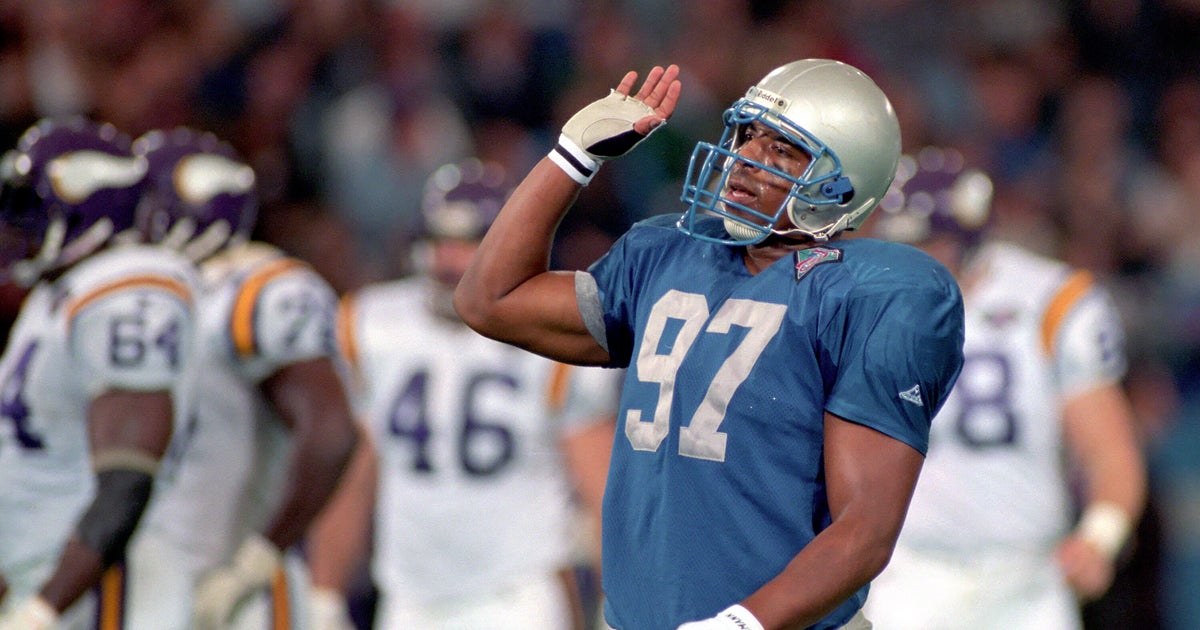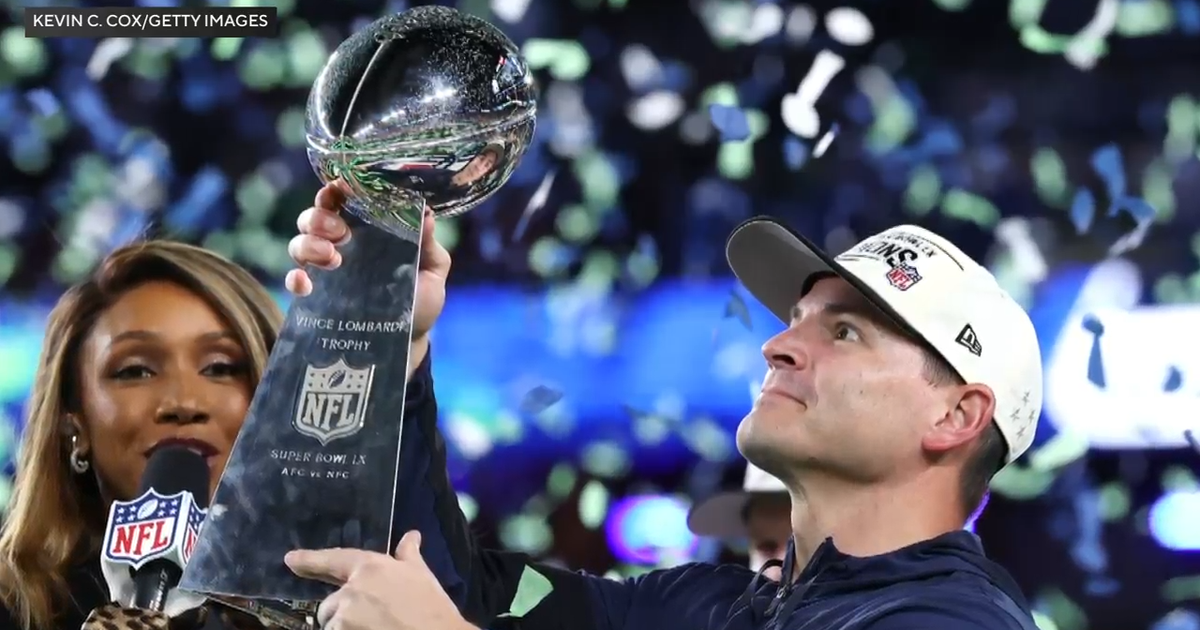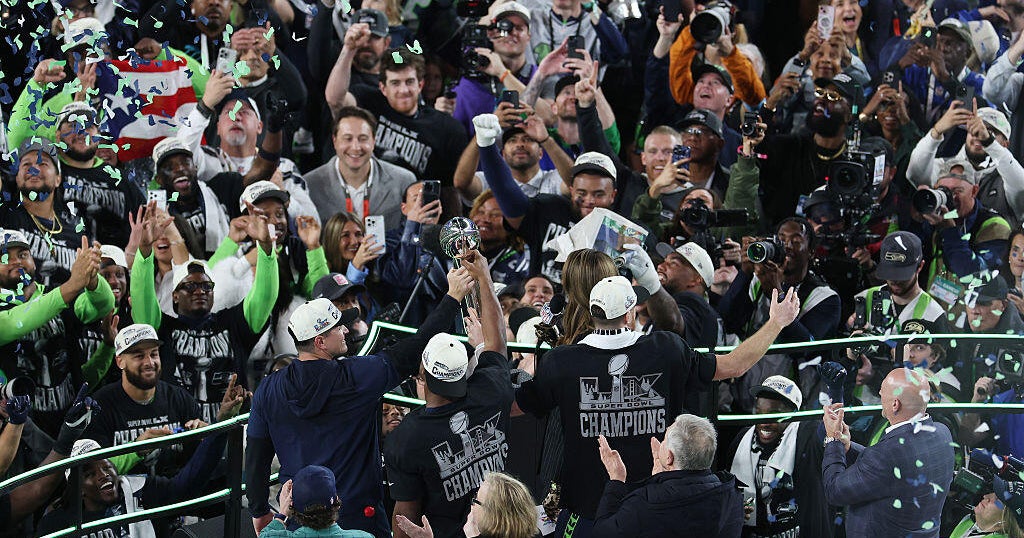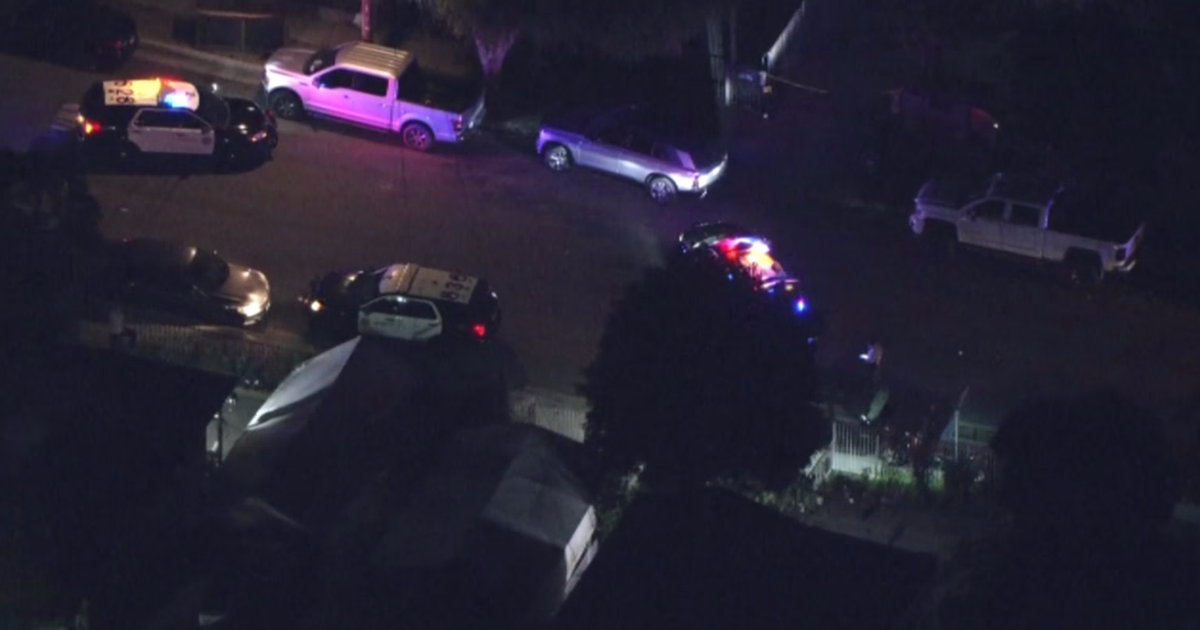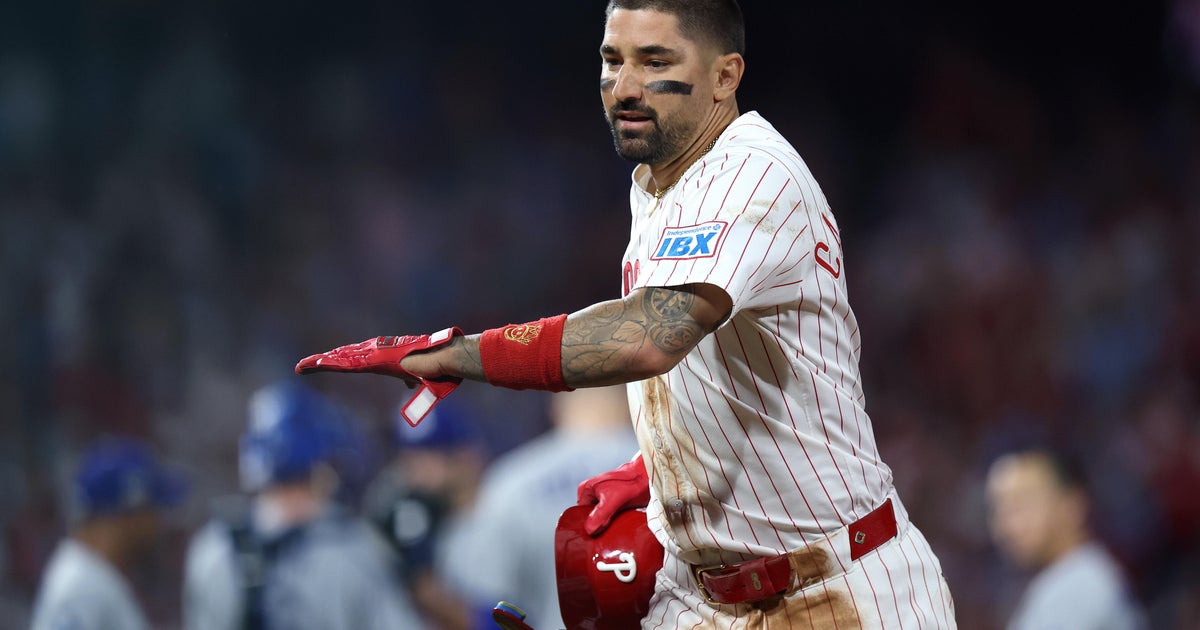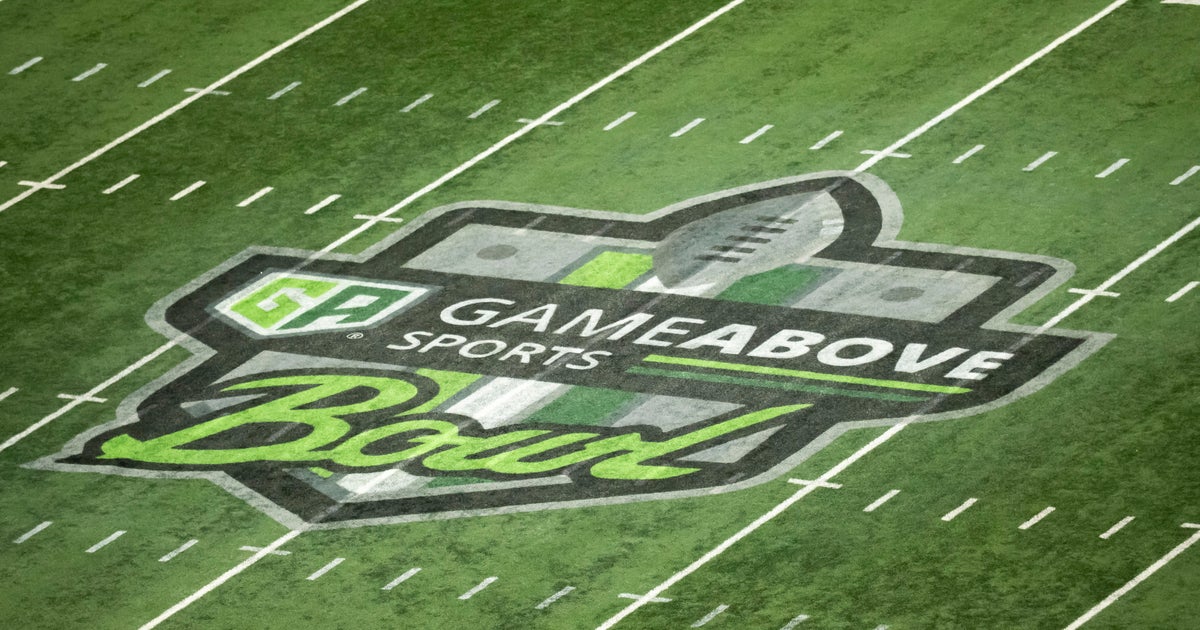Top 5 MLB Playoff Sweeps Since 2000
Every club that reaches the postseason has earned the right to be there. Through over half a year of dirt, grass, disappointments, trades and determination, those teams in the playoffs prove they are more fitting to continue their season than those who retire to the couch in late September to watch football. On the other hand, does it simply mean that they had a better regular season than clubs who suffered the angst of elimination? For while some teams cruise through this or that playoff series, others simply look and play as though they do not belong.
We take a look at five of the biggest MLB playoff sweeps since 2000.
5.) St. Louis Cardinals sweep Atlanta Braves, 2000 NLDS
The first inning of Game 1 set a defining tone for the 2000 NLDS between Tony La Russa's Cardinals and the Bobby Cox's Braves. Jumping all over Greg Maddux for six runs in the bottom of the first, the Cardinals survived a third-inning rally, when Rick Ankiel began losing control on the mound, throwing four wild pitches. The ninth inning provided the high-water mark for Atlanta, putting tying runners on base, but they ultimately fell to St. Louis, 7-5. In Game 2, even when the Braves scored two runs in the top of the first, the Cards responded with three of their own in the bottom of the inning and would win Games 2 and 3 by six runs each. The Mets would meet, and defeat, the Cardinals in the NLCS, 4-1.
4.) Boston Red Sox sweep Anaheim Angels, 2004 ALDS
The series that gave birth to playoff ghosts for the Angels, the Sox never let go of their momentum. In instances where that momentum was able to be threatened by the Angels, the threat was swiftly and efficiently dealt with. The Red Sox scored 25 runs in the series to the Angels' 12, setting a devastating tone in Games 1 and 2, which were won 9-3 and 8-3, respectively. In that Game 2, the Angels looked to rally from their first lopsided defeat, but the Sox managed to stay neck and neck, answering run with run, until unleashing more offense on the bewildered Anaheim pitching staff. After the 2004 Divisional Series sweep, the Angels faced Boston two more times in the postseason (2007, also a sweep, and 2008, 3-1), before finally defeating their 21st-century postseason nemesis in 2009.
3.) Boston Red Sox sweep St. Louis Cardinals, 2004 World Series
After Boston swept the Angels in the ALDS, they miraculously overcame a 3-0 series deficit to defeat the rival New York Yankees, 4-3. The Cardinals, with Albert Pujols hitting a career-high 46 home runs that year, were slightly favored to win in seven games. The Sox immediately scored four runs off St. Louis starter Woody Williams in the bottom of the first, adding three more runs in the third. Boston closer Keith Foulke entered the game in the eighth, and when Manny Ramirez committed back-to-back errors in left field, the game was tied at 9-9. Mark Bellhorn's two-run shot sealed a Game 1 win for Boston in the bottom of the eighth. The next three games weren't nearly as close, with Johnny Damon homering in the first at-bat of Game 4 to set the tone of a 3-0 shutout that would ultimately broke the "Curse of the Bambino."
2.) Los Angeles Dodgers sweep Chicago Cubs, 2008 NLDS
What makes this particular sweep rather unique is that the Cubs won an unprecedented 97 games with their talented squad in 2008, while the Dodgers, who had added the bat of Manny Ramirez, only turned things on late in the season, winning 84 games. The 13-game win differential reportedly marks the second highest for a postseason sweep. In Game 1 at Wrigley Field, the Dodgers waited until the fifth inning to show their offense's potential, with first baseman James Loney hitting a grand slam. Former Red Sox pitcher Derek Lowe eventually went six innings, giving up a pair of runs. Ramirez and catcher Russell Martin also hit solo home runs to help LA beat Chicago 7-2. Game 2 was borderline embarrassing for the Cubs. Every Chicago infielder committed an error in Game 2, as the Dodgers scored four unearned runs in a five-run second inning. Again, Ramirez connected to send one into the stands, and the Dodgers cruised to a 10-3 victory. Game 3 proved to be something more of a pitcher's duel, with LA starter Hiroki Kuroda lights out through six solid innings. The series was a surprise, given Chicago's successful season. The Dodgers would fall to the Philadelphia Phillies, 4-1, in the NLCS.
1.) Detroit Tigers sweep New York Yankees, 2012 ALCS
The first-ever ALCS meeting between the Tigers and the Yankees looked as though it was going to be one for the books after an exciting Game 1. After RBI singles by Prince Fielder, Delmon Young and Avisail Garcia, with Young adding a solo home run, the Tigers looked like they were going to close out a 4-0 shut out in the Bronx to start the series. However, in the bottom of the ninth, Ichiro Suzuki and Raul Ibanez smacked a pair of clutch two-run home runs to tie the game. After two more scoreless innings, which saw star infielder Derek Jeter break his ankle while fielding a ground ball, Young again came through for Detroit, connecting for an RBI double off David Phelps. The Tigers would go on to win, 6-4. Ever the postseason pitcher, former Dodger Hiroki Kuroda retired 15 straight Tigers to start Game 2. Between Kuroda and Detroit starter Anibal Sanchez, it was Kuroda who blinked first, when Quintin Berry led off the seventh inning with a double, and who else but Delmon Young brought in the run after infielder Robinson Cano bobbled his grounder. The Yankees failed to bring a run across the plate, and were shut out, 3-0. Reigning Cy Young winner Justin Verlander then took a shutout into the ninth inning of Game 3 before Eduardo Nunez led off the inning with a home run. After the Yankees, who had benched Alex Rodriguez, put the go-ahead run on base, Phil Coke got Ibanez to swing on a slider to end the game. Once again, it was Delmon Young with a solo home run to represent one of Detroit's two runs in the close 2-1 win. Game 4 was undeniably one-sided, with Detroit stacking up four runs in the fourth inning en route to a 16-hit effort that saw the Yankees fall, 8-1, at which point the sweep was complete.
